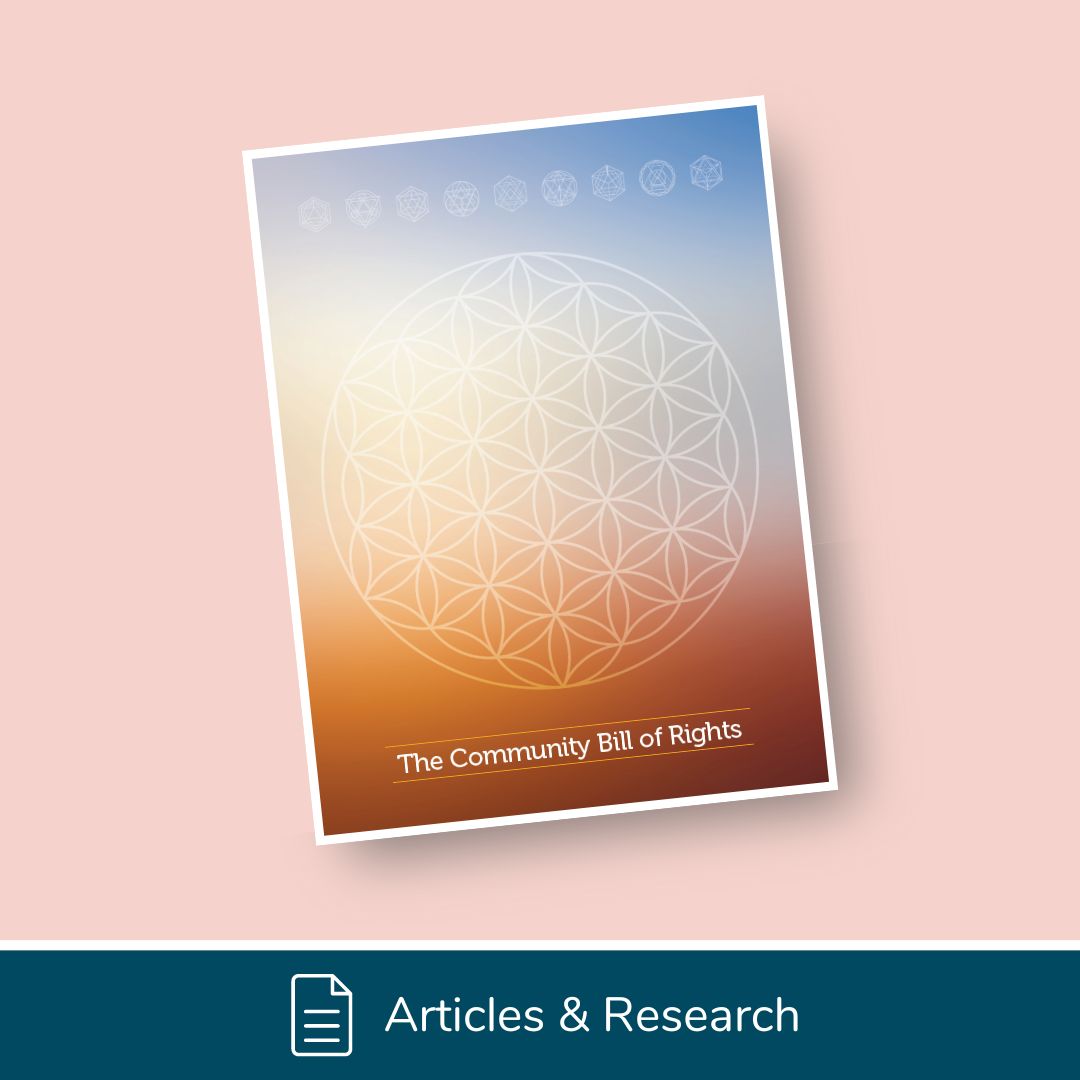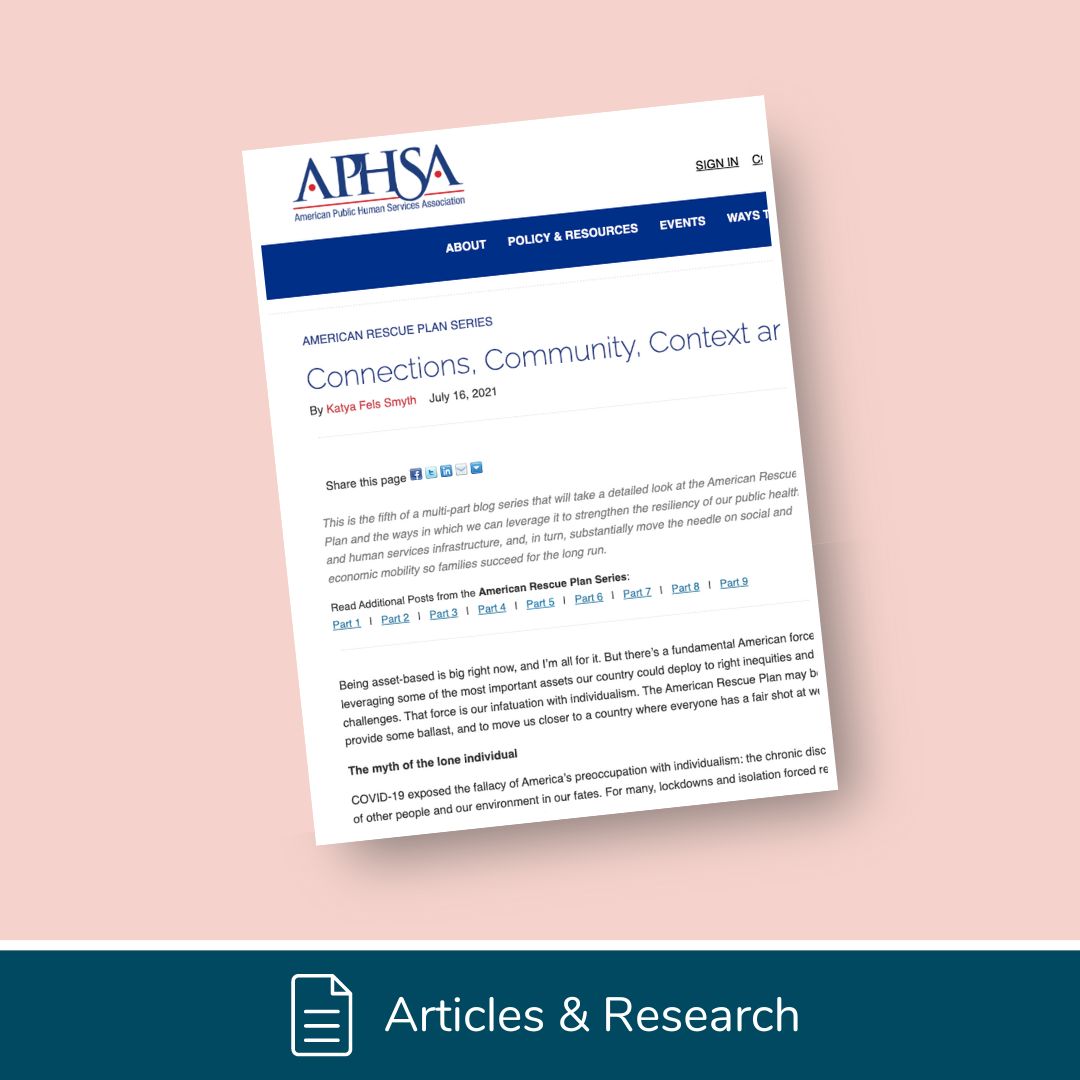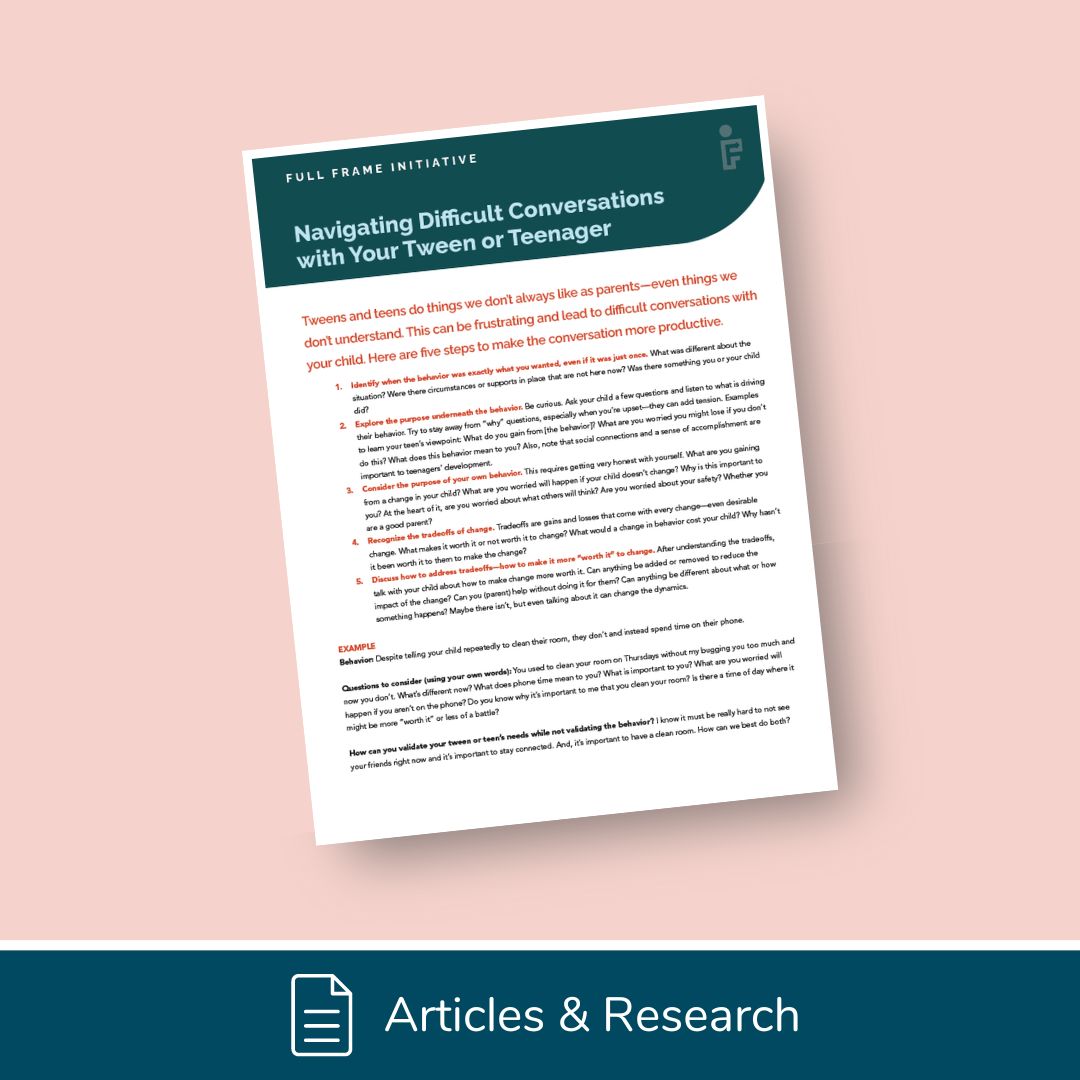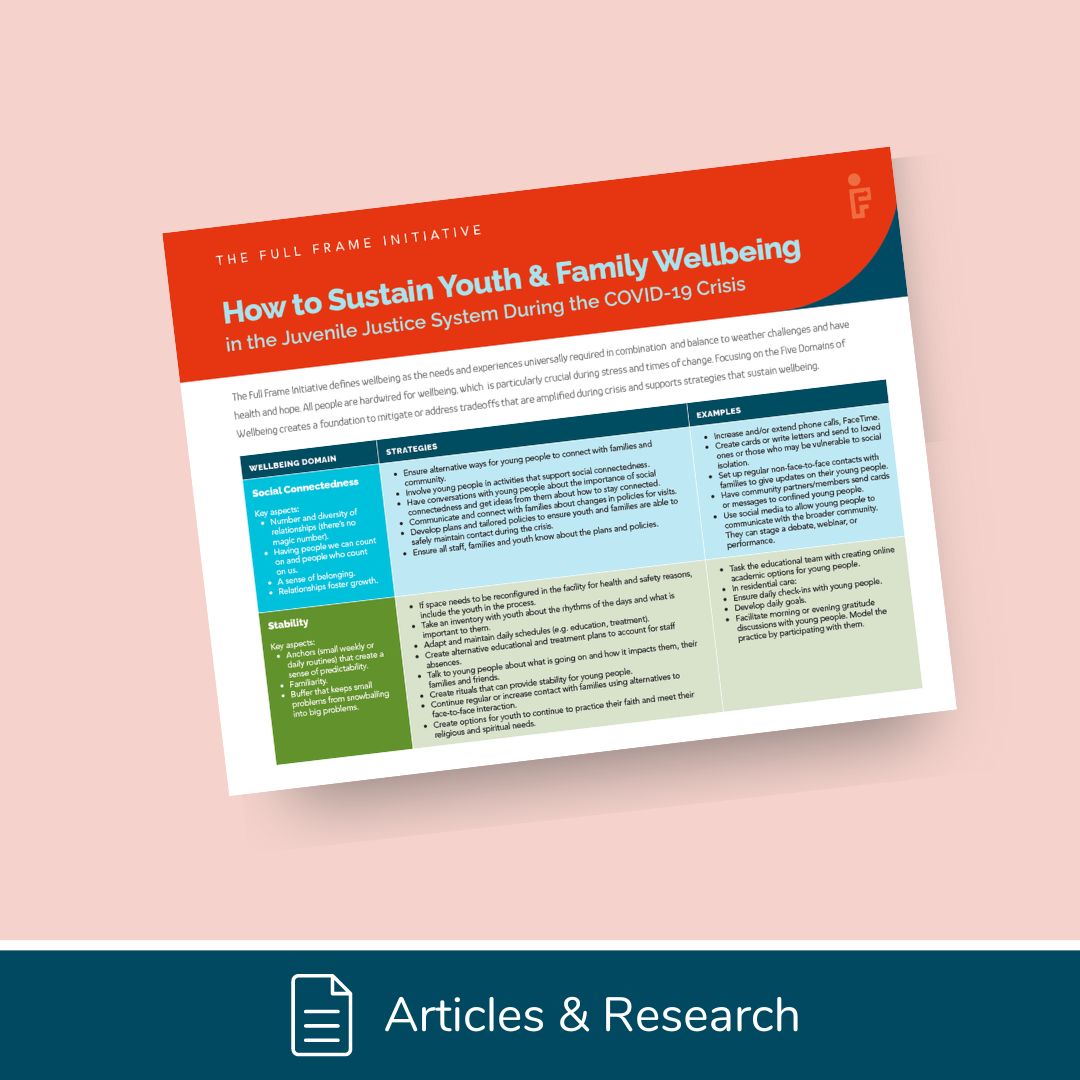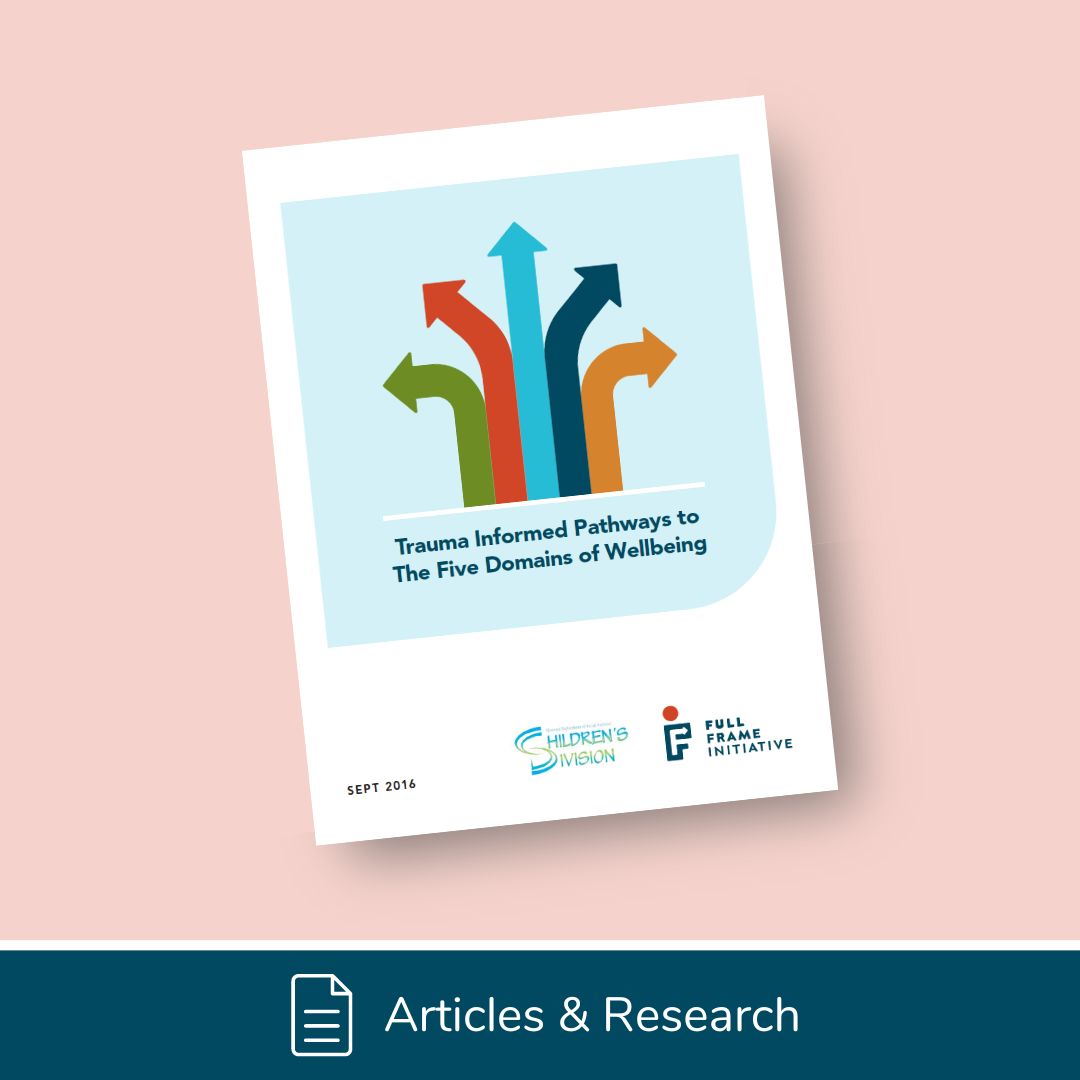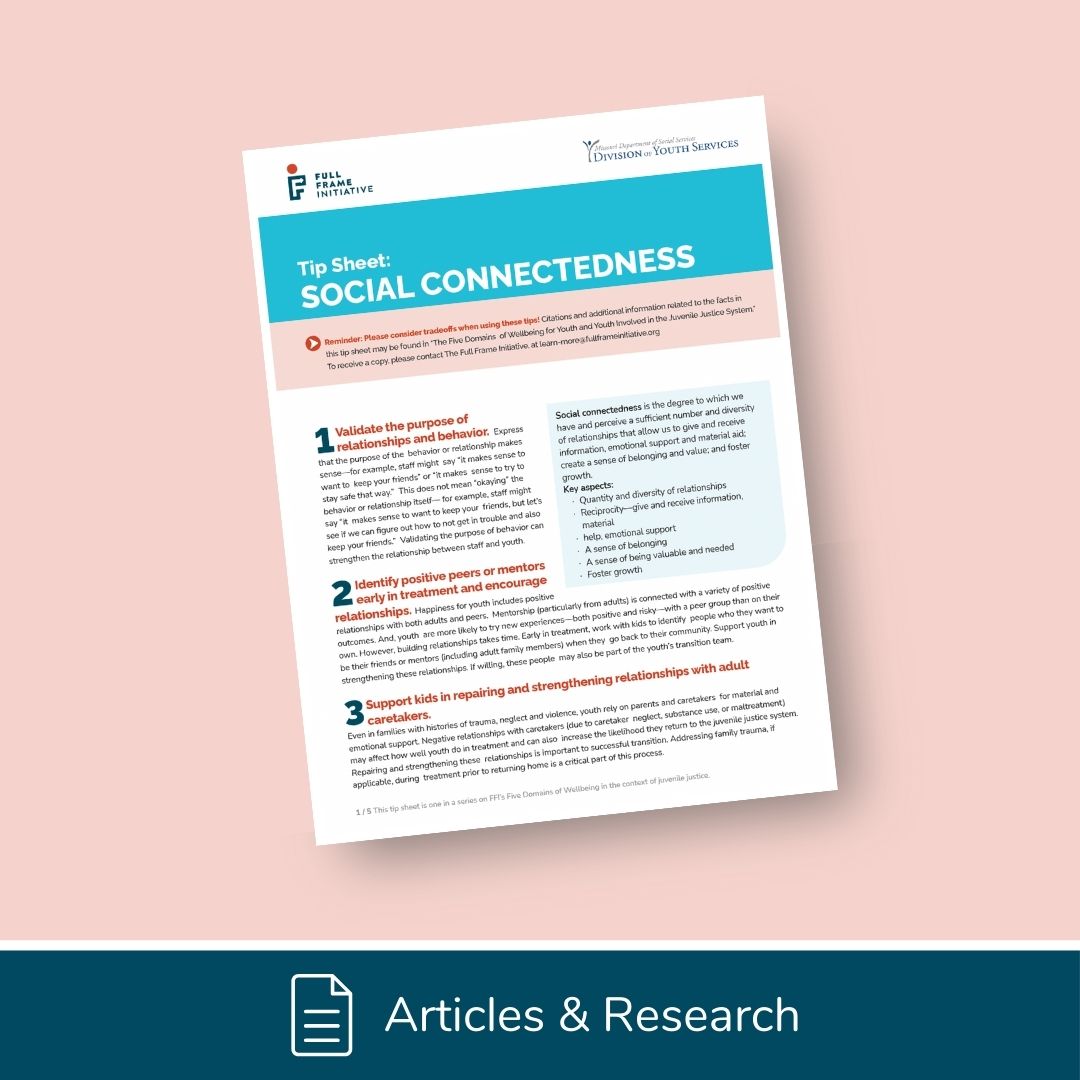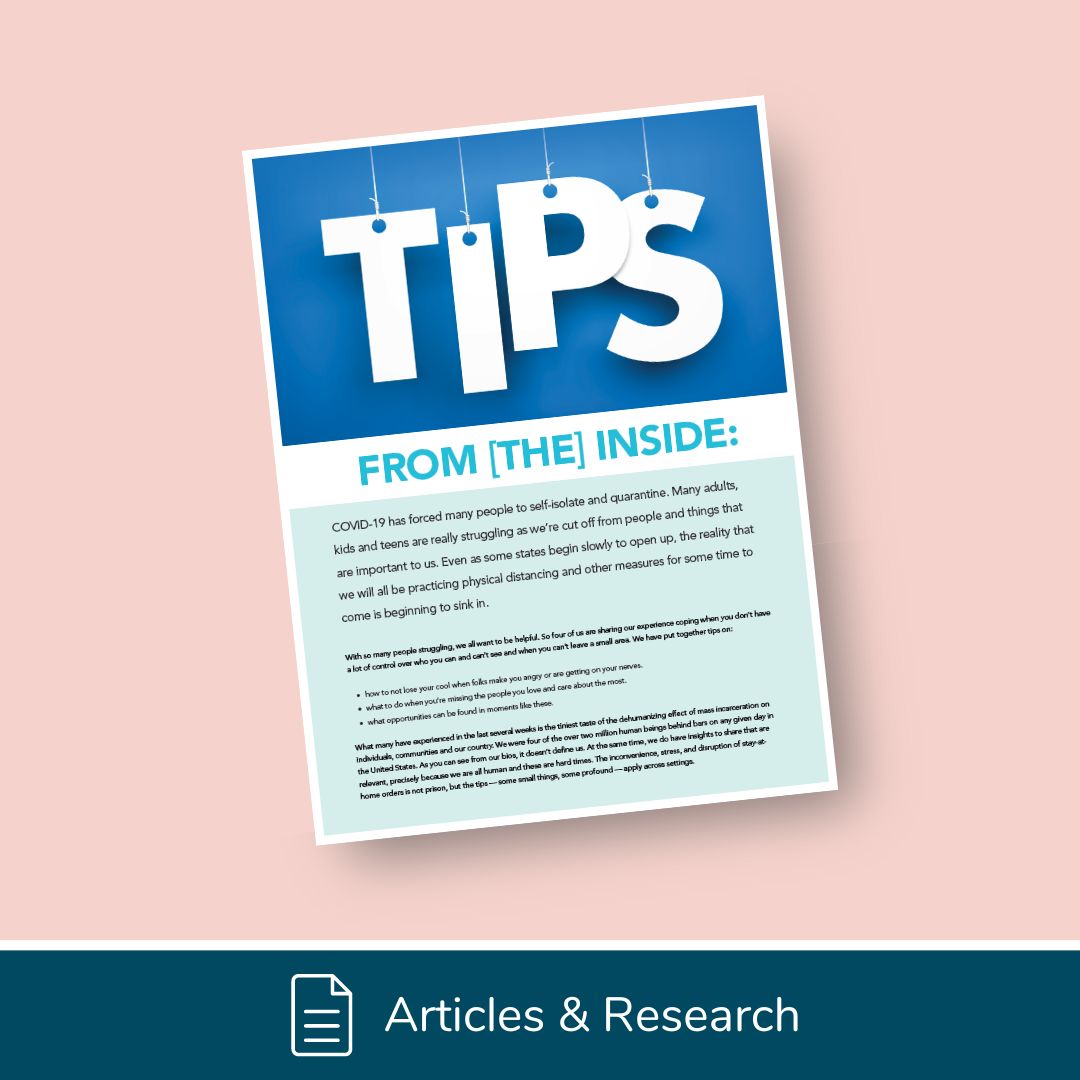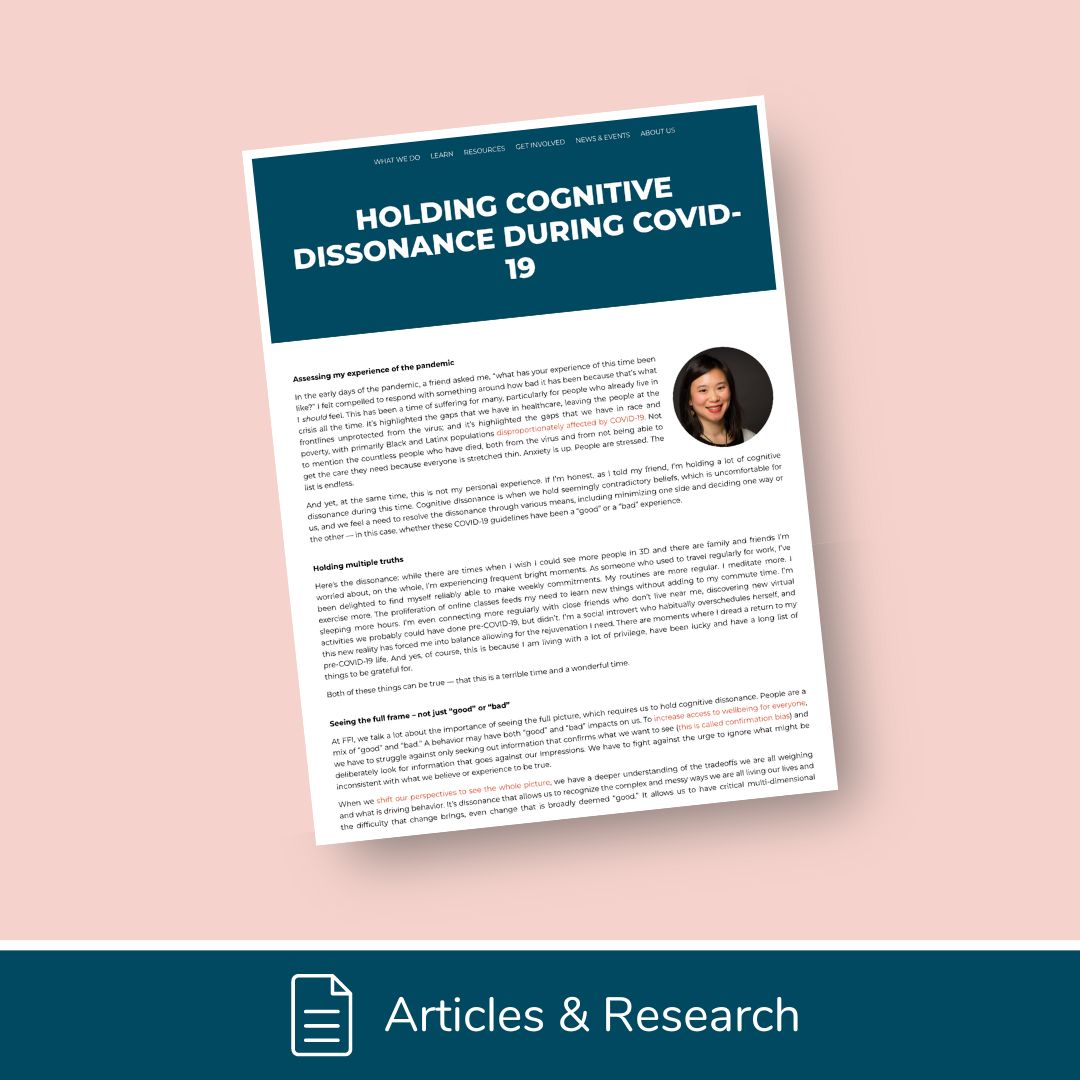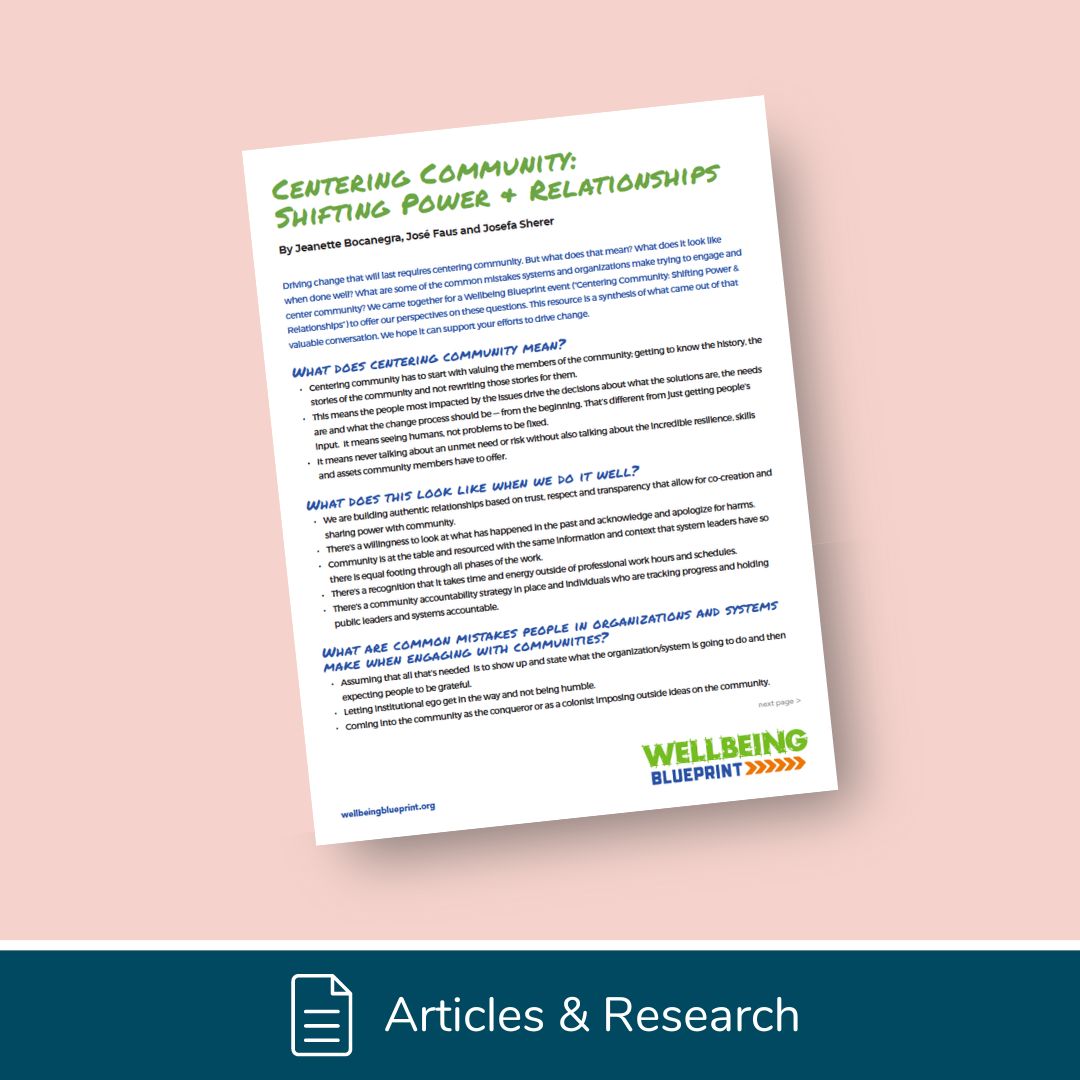- Learn
- Explore
- Our Core Concepts Learn the philosophy behind our approach and key paradigm shifts to upend the status quo.
- Resource Library Search our interactive library designed to help you build knowledge and take action.
- Wellbeing Bootcamp Take our interactive online course to learn essential concepts of systems change and wellbeing.
- Wellbeing in Action
- By Topic
- Built Environment Shift from shovel-ready to shovel-worthy infrastructure with wellbeing and equity at the center.
- Domestic & Sexual Violence Redesign your approach to supporting survivors based on how they define success.
- Funding & Procurement Align your spending to support durable change and address fundamental inequities.
- Human Services Change how systems interact with individuals – from assessment and treatment to seeing the whole person
- View More
- Explore
- Our Work
- News & Events
- About Us
- Get Involved
- English
- Learn
- Explore
- Our Core Concepts Learn the philosophy behind our approach and key paradigm shifts to upend the status quo.
- Resource Library Search our interactive library designed to help you build knowledge and take action.
- Wellbeing Bootcamp Take our interactive online course to learn essential concepts of systems change and wellbeing.
- Wellbeing in Action
- By Topic
- Built Environment Shift from shovel-ready to shovel-worthy infrastructure with wellbeing and equity at the center.
- Domestic & Sexual Violence Redesign your approach to supporting survivors based on how they define success.
- Funding & Procurement Align your spending to support durable change and address fundamental inequities.
- Human Services Change how systems interact with individuals – from assessment and treatment to seeing the whole person
- View More
- Explore
- Our Work
- News & Events
- About Us
- Get Involved
- English
